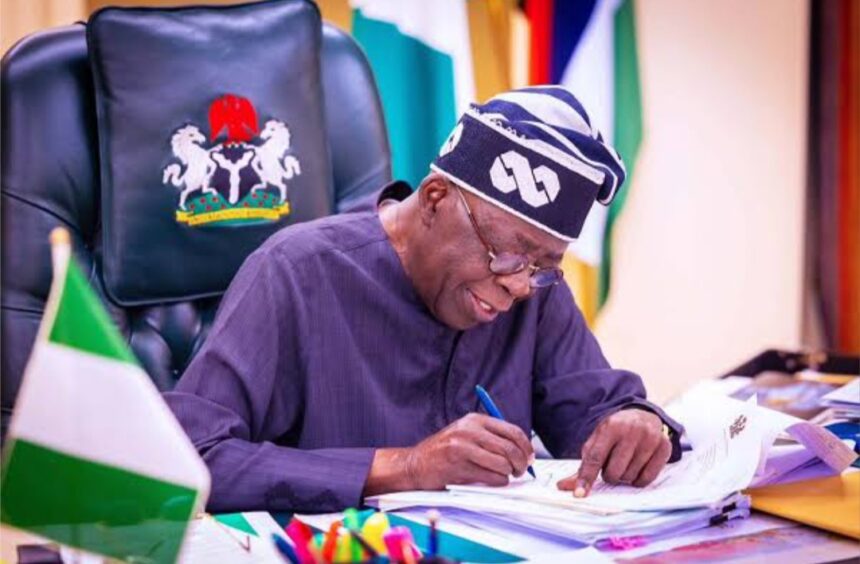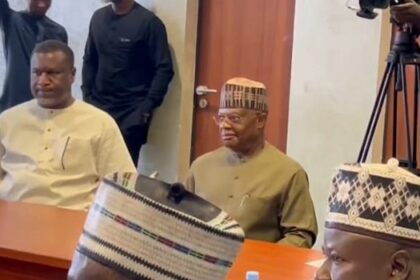President Bola Tinubu has unveiled plans to distribute N75,000 to 70 million of the country’s poorest citizens. The initiative, announced by his administration, aims to address growing poverty levels across the nation, with a total budget allocation of N5.25 trillion for the cash transfer program in 2025.
Currently, the National Cash Transfer Office has enrolled approximately 1.997 million households into the National Beneficial Register, covering nearly 10 million individuals. Despite these figures, the government aims to extend the program to 70 million Nigerians, a major leap in its poverty alleviation efforts. …CONTINUE READING


However, the proposed N5.25 trillion cash distribution allocation is larger than the combined budgets for critical sectors like defense (N4.91 trillion), infrastructure (N4.06 trillion), health (N2.48 trillion), and education (N3.52 trillion). This has raised concerns, especially as Nigeria struggles with widespread infrastructural deficits such as poor roads and inadequate water supply.
The government’s ambitious cash transfer plan is shadowed by past issues of corruption, with previous welfare initiatives facing allegations of mismanagement. Notably, the Minister of Humanitarian Affairs, Betta Edu, was suspended in January over claims of diverting social welfare funds.
As the government plans its significant cash handout, questions about accountability and the effective use of public funds remain a central concern, especially given the country’s long-standing battle with corruption.





This is a welcome development